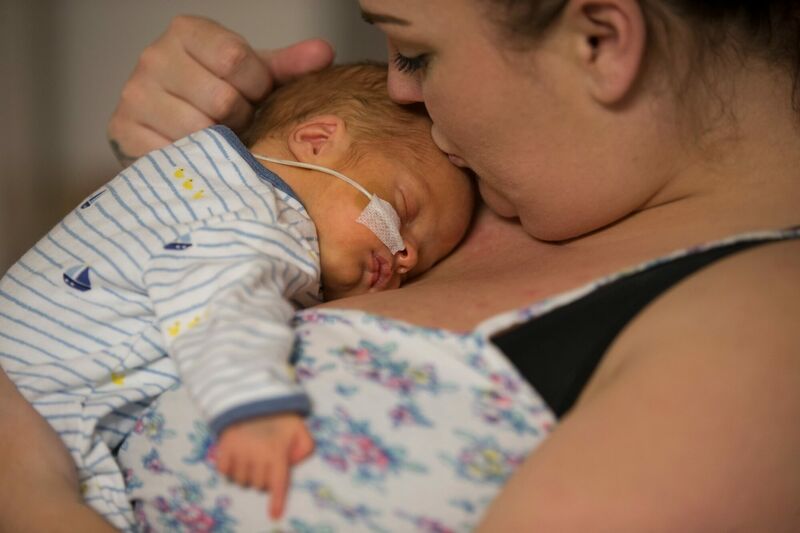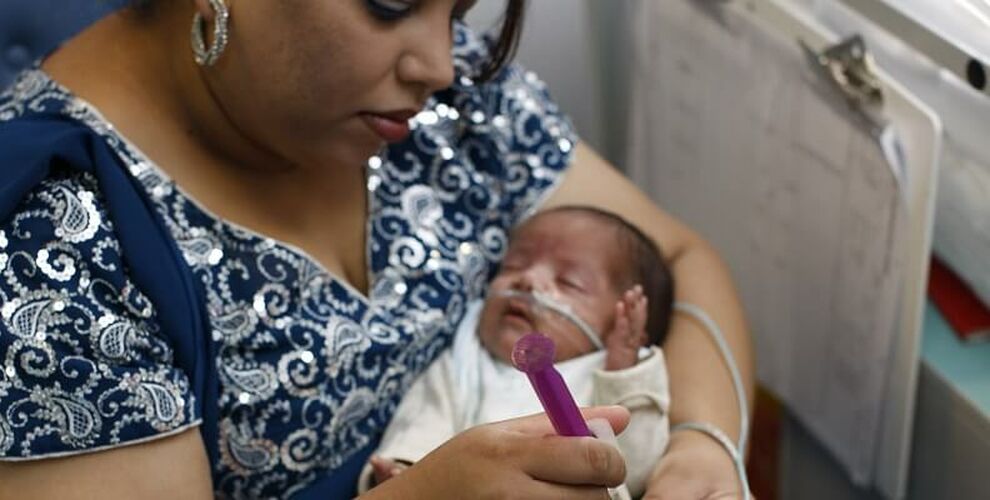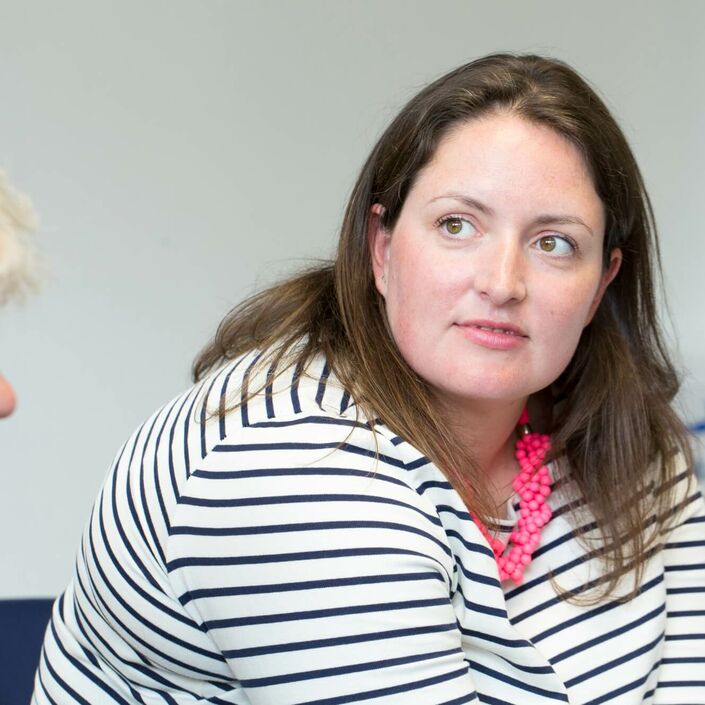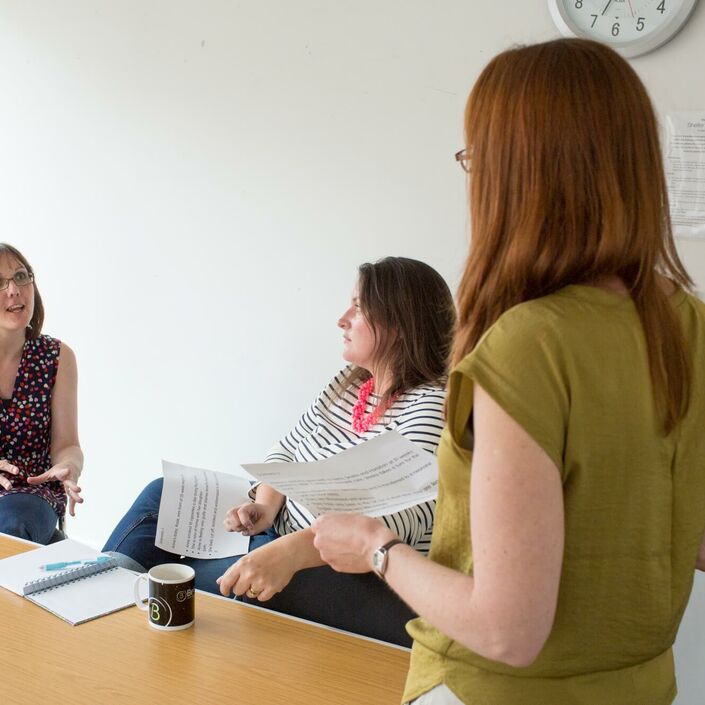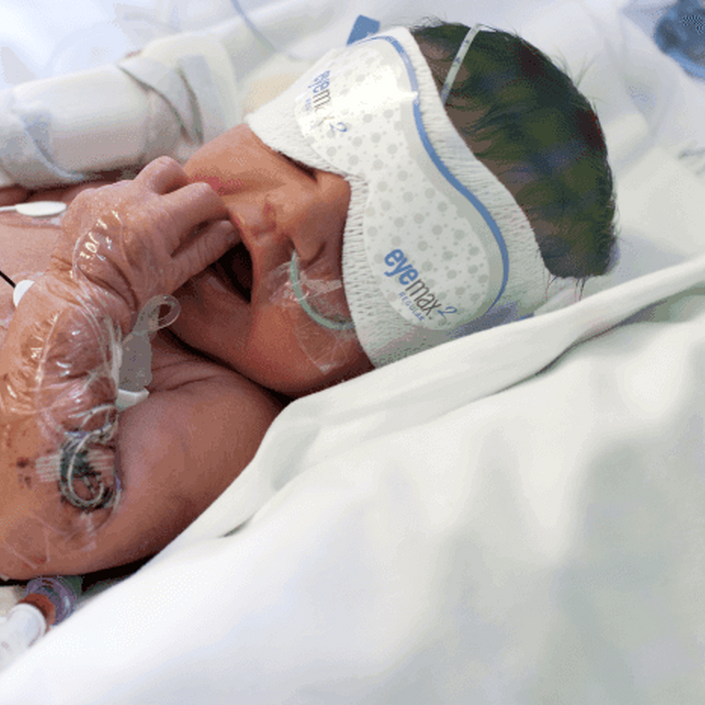Background
Every year over 90,000 babies who are born premature or sick receive neonatal care.
Since 1985 the number of babies who survive being born premature has increased, however for many babies being born premature or sick has lifelong consequences.
We believe that having a strong evidence base is vital to ensure that babies are able to receive the best possible care and to improve their long-term outcomes.
Our strategic goal
We support research that will tangibly improve outcomes for babies born premature or sick.
Our approach
Bliss will contribute funding to projects focused on the areas stated below.
Our three areas of priority are:
- The most effective ways of judging whether a premature or sick baby is feeling pain.
- Impact of developmental care support on neurodevelopmental outcomes.
- Emotional and other practical support to improve attachment and bonding of premature or sick babies and their families.
These key research priority areas were decided by members of the Research Panel.
Outcomes
Researchers should evaluate the impact their projects have on families and babies, and on the culture of a neonatal unit.
This is to ensure that research interventions are delivered in a way which is positive for all those taking part - babies, families and health professionals - and sustainable after the project has ended.
